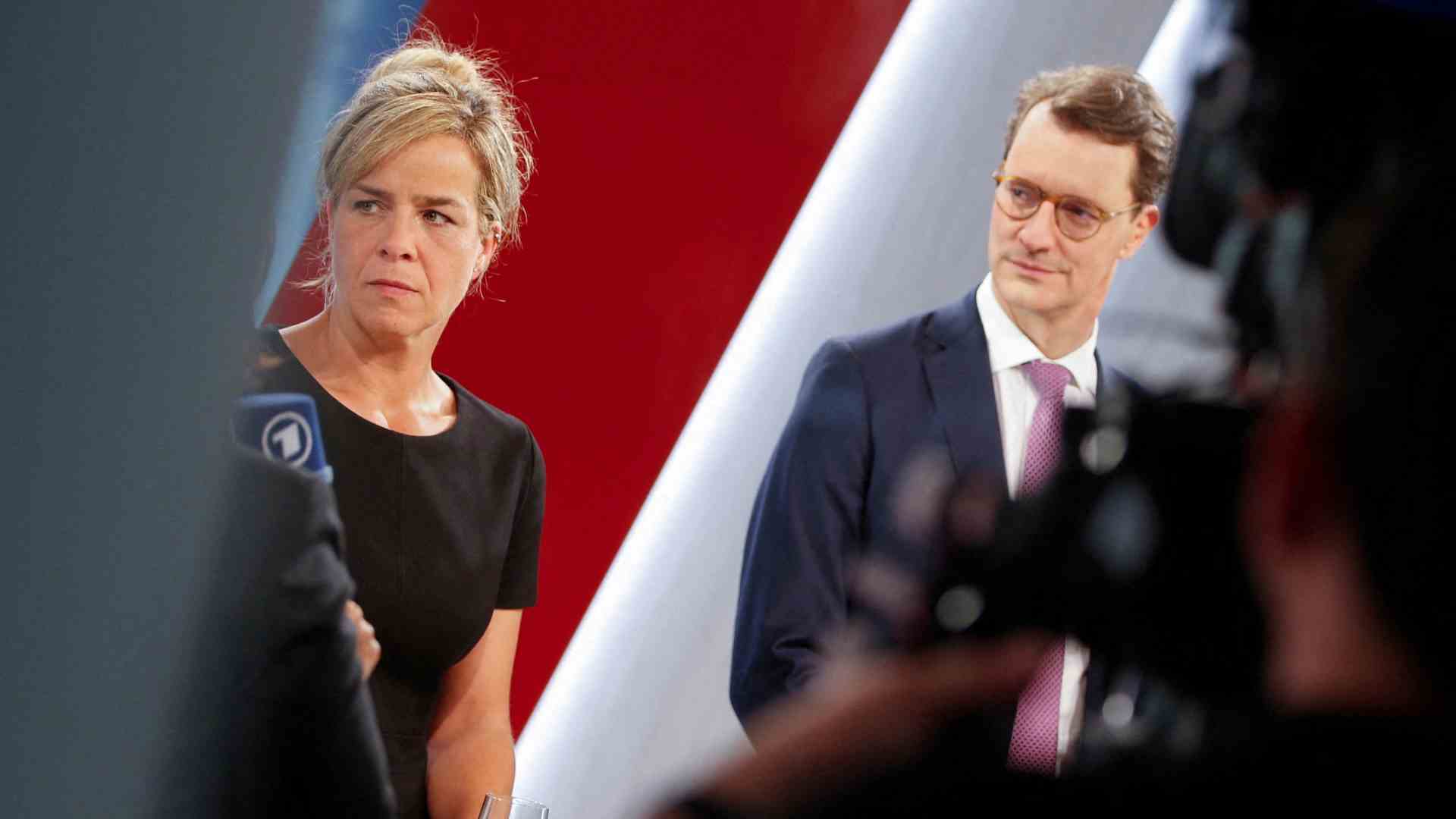Status: 05/28/2022 00:02 a.m
Almost two weeks after the state elections in North Rhine-Westphalia, the CDU and Greens have agreed on the key points for a possible government alliance. On Sunday, the leading bodies will decide on coalition negotiations.
In North Rhine-Westphalia, the Greens and CDU are heading towards the formation of the first black-green state government in the state’s history. At the end of their four-day exploratory talks, delegations from both parties agreed on a very detailed twelve-page result paper on Friday evening. It bears the heading “For the future of North Rhine-Westphalia”.
The Greens wanted to establish a “value-added climate protection policy, a participation-oriented traffic turnaround and equal opportunity education policy” in NRW, said their state leader Mona Neubaur. A basis for this was developed together with the CDU. The CDU is about a “climate-neutral industrial country, a modern, social and safe North Rhine-Westphalia,” said CDU state chief and NRW Prime Minister Hendrik Wüst. A new alliance with the Greens could be an opportunity for NRW.
More teachers, earlier exit from coal
The parties want to launch an “immediate climate protection program and an early phase-out of coal by 2030.” In the education sector, 10,000 additional teachers are to be hired in the coming years. With a binding step-by-step plan, the starting salary for all teachers is also to be raised to A13.
Party conferences have to decide
In the case of the CDU, the extended state executive committee in Düsseldorf and, in the case of the Greens, a small party conference in Essen will finally vote on the start of coalition negotiations on Sunday.
Around 100 delegates from the Greens are coming together in Essen on Sunday for a small party conference to vote on the start of coalition negotiations. In Düsseldorf, the similarly sized extended state executive committee of the CDU will decide on this.
The CDU clearly won the election on May 15 with 35.7 percent. With 26.7 percent, the SPD slipped to its worst result in a state election in North Rhine-Westphalia. The Greens were able to almost triple their share of the vote compared to 2017 to 18.2 percent and ended up in third place.

